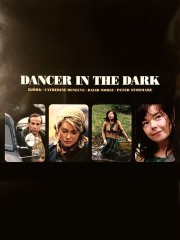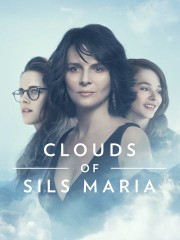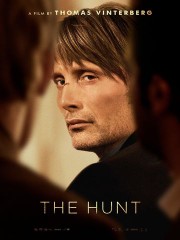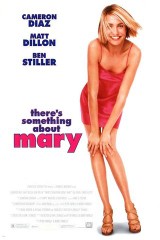Edgar Ramirez’s Five Favorite Films
The Hands of Stone star talks about the impossibility of love and why he prefers not to do on-set interviews during filming.

Photo by: Jason Kempin / Getty Images
Though he made his Hollywood debut over a decade ago, Venezuelan actor Edgar Ramirez caught his big break when he earned widespread acclaim for his portrayal of real life terrorist Carlos the Jackal (aka Ilich Ramirez Sanchez) in the 2010 miniseries Carlos. Most recently, he appeared in David O. Russell’s Joy alongside Jennifer Lawrence and Robert De Niro, and in last year’s Point Break remake, he tackled the role originally made famous by Patrick Swayze.
This week, Ramirez reunites with De Niro for another true story, starring in Hands of Stone as Panamanian boxer Roberto Duran. He spoke to RT enthusiastically about his Five Favorite Films, noting that they were hard to pin down and that he could have continued well past the five he mentioned. Read on for the full list.











